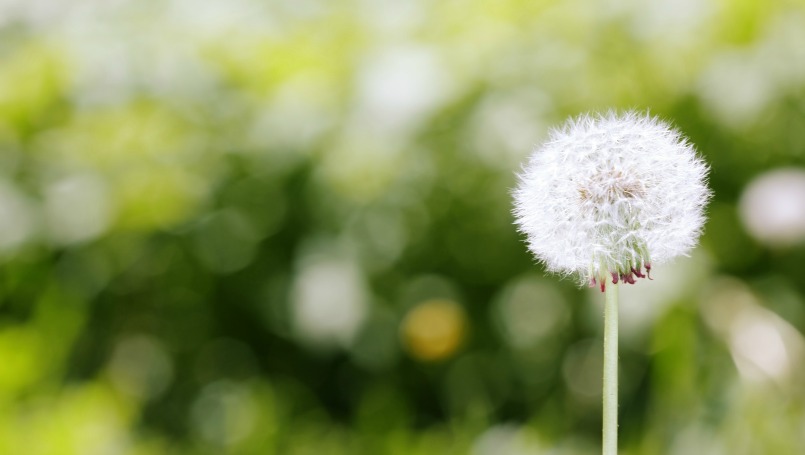Thursday, June 01, 2017

Adult onset seasonal allergies are nothing new.
This spring, however, primary care physicians are seeing an uptick in the number of cases bubbling to the surface, courtesy of a warmer than average February and a mild winter.
“Lots of people are experiencing symptoms for the first time and are shocked when I tell them that it’s allergies,” said Beaumont Hospital, Grosse Pointe internist, Ashley Alexander D.O. “They thought they had a viral infection or sinusitis, even though they didn’t have any of the classic symptoms.”
Seasonal allergy symptoms include thin, clear mucus, itchy watery eyes that may become pink, nasal congestion, sneezing, itchy throat, clearing the throat and using the tongue to clear the throat. Not all symptoms need be present for an allergy diagnosis.
By comparison, viral infection symptoms include thick, white mucus, fever, loss of appetite, achiness and tooth pain.
Extended exposure appears to be the catalyst for the wave of new cases, said Beaumont Hospital, Royal Oak, allergist Devang Doshi, M.D.
Lots of people are experiencing symptoms for the first time and are shocked when I tell them that it's allergies.
Dr. Alexander
“This year’s mild winter, and longer drawn out spring, extended our seasonal allergy season at the front end by 10 to 20 days,” Dr. Doshi said. “While anyone can develop allergies at any time, repetitive exposure is how symptoms develop.”
“The spring allergy season typically begins with tree pollination in late March, but with different varieties pollinating at different times, pollen influx can continue for quite some time,” Dr. Doshi explained. “Currently we have high grass pollen with Cottonwood (tree) pollen to contend with.”
On the bright side, just because someone is newly allergic to one type of pollen does not mean they are allergic to all,” Dr. Doshi said.
Similarly, a new sensitivity to seasonal allergies does not predispose a person to asthma or food allergies, Dr. Alexander said.
Unfortunately, once spring allergies rear their ugly head, they are likely to continue to appear in future seasons.
“We recommend basic over-the-counter medications until you can see your doctor,” Dr. Alexander said.
Due to increased risk, allergy sufferers with high blood pressure should avoid over-the-counter medications which include the word “D”, for decongestant, in their title.
And unless they include a steroid, all allergy suffers should avoid over-the-counter nasal spray decongestants for more than three days because they can become addictive, Dr. Alexander stressed.
TIPS FOR REDUCING TRIGGER EXPOSURE
- Avoid outdoor activity in the early morning when pollen counts are highest.
- Close doors and windows at night or any other time when pollen counts are high.
- Stay indoors on dry, windy days. The best time to go outdoors is after a good rain, which helps clear pollen from the air.
- Consider wearing a pollen mask for protection when you work outdoors.
- Remove clothing you've worn outdoors and shower to rinse pollen from your hair and body.
- Pollen can stick to sheets and towels so don’t hang laundry outdoors.
